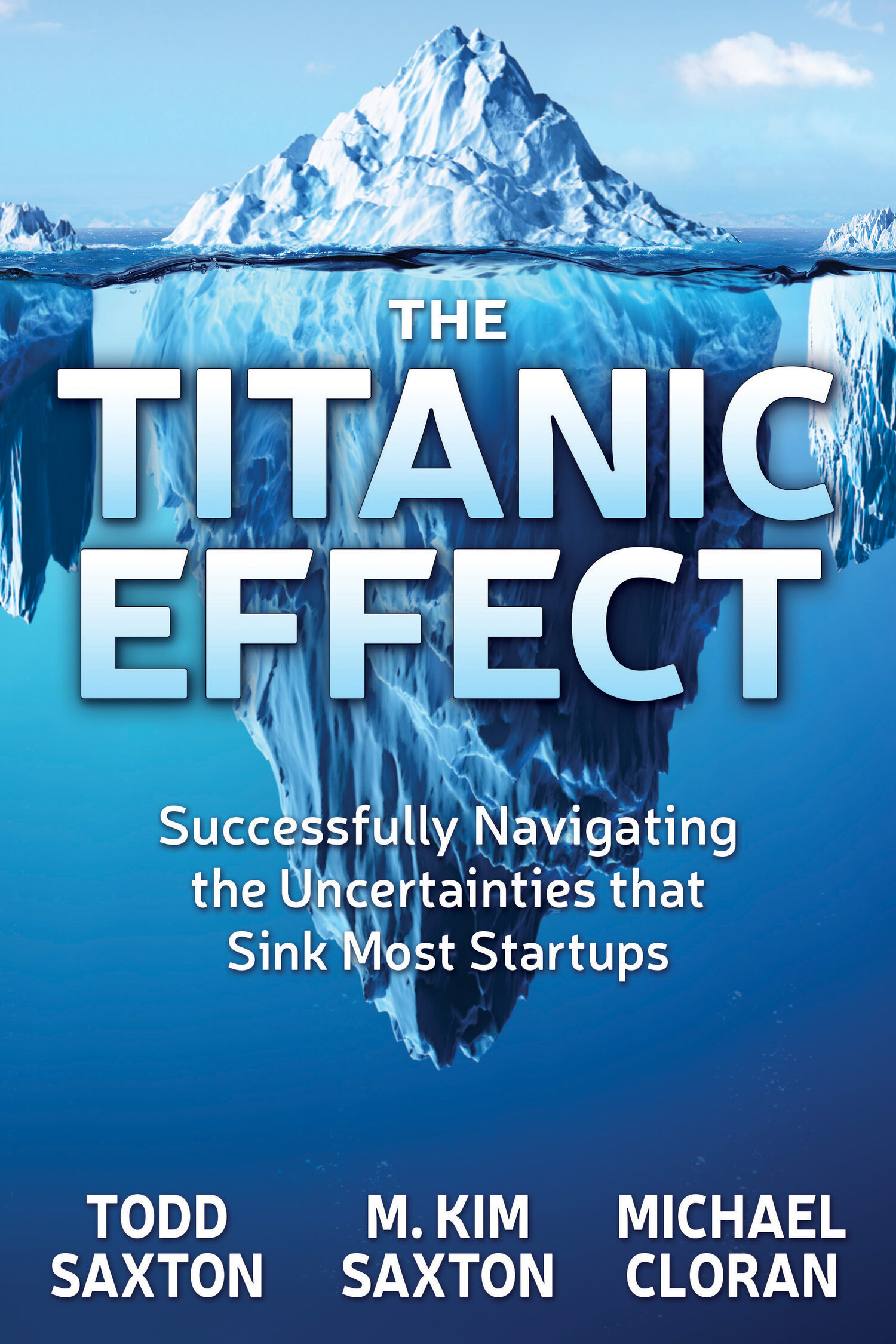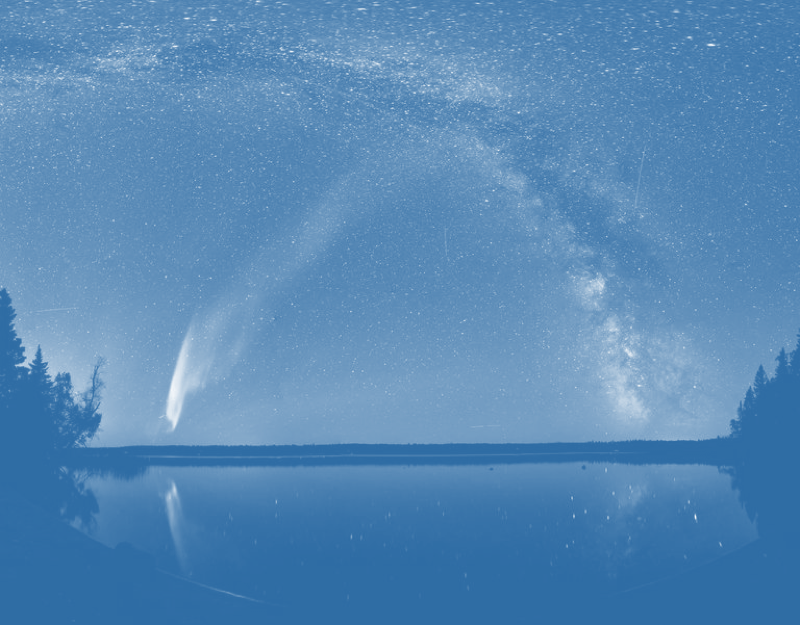In college, I was busy. As a pro, I am under pressure.
As an introduction, I am Arthur Root, a co-founder of Nostra. At Nostra, our goal is to make the online shopping experience as similar as possible to the in-person experience using psychometric information. My team and I hopped on the entrepreneurial bike in 2018 while we were juniors at Indiana University. We are now college graduates pursuing our company full time. To use a metaphor, we have taken the training wheels off our bicycle and are beginning to ride full steam ahead…









